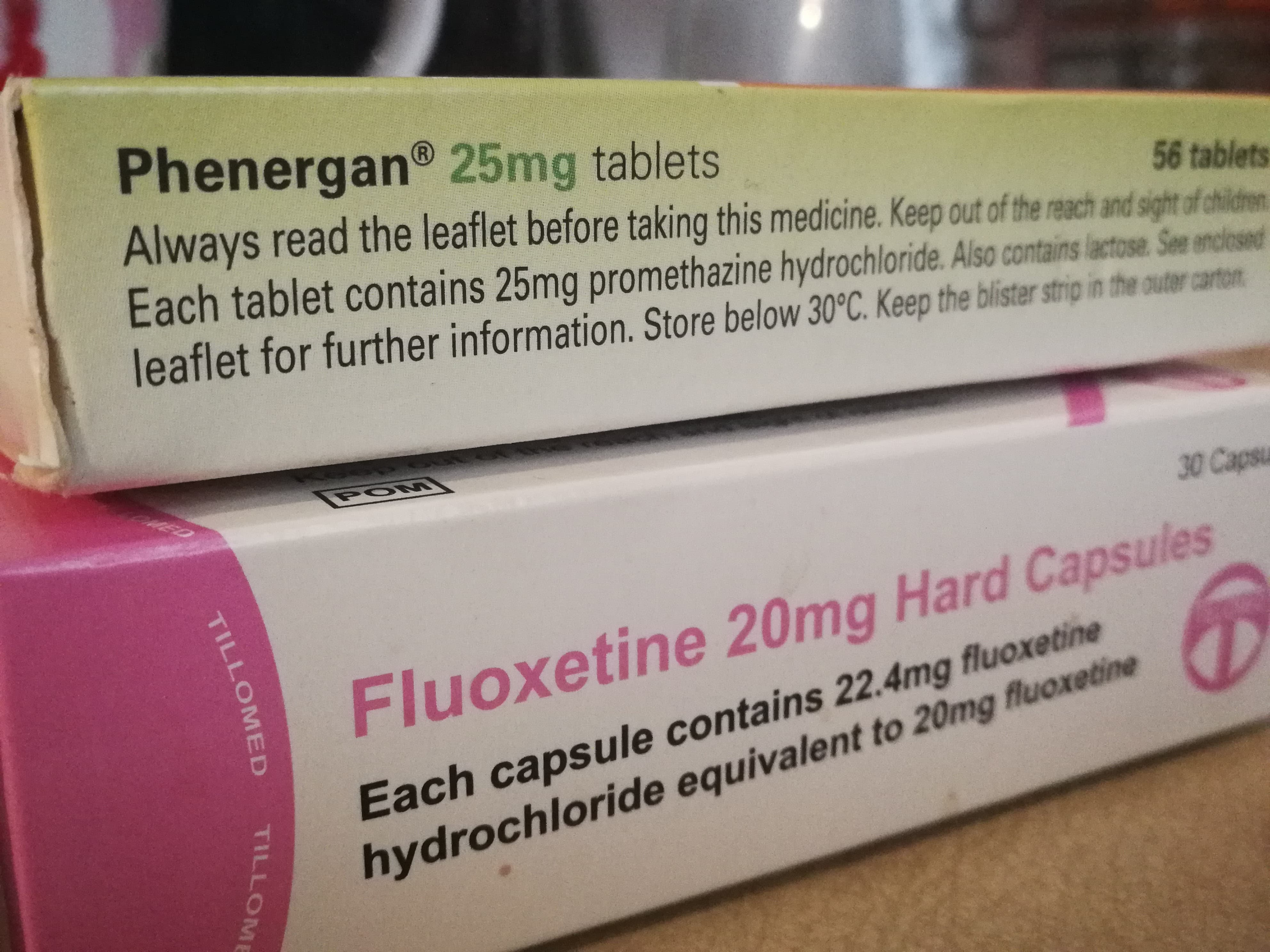Withdrawal from anti depressants leave young people struggling
by Shannon Jayne Peck, reporter
The symptoms associated with anti-depressant withdrawal are turning young people away from these possibly lifesaving drugs.
On an online Amino forum for supporting young people with mental health issues a discussion on anti-depressant withdrawal symptoms has begun, with a vast number of young people choosing to boycott these drugs altogether and have sparked fears on coming off of their current medication.
Abbie Hambleton has explained the side effects of withdrawal and her apprehension on beginning a new drug:
“When you’re given a new medication, it comes with a neatly printed patient information leaflet, detailing everything you might need to know about starting it; including an extensive list of side effects that you may experience. What these leaflets, and all too often professionals, fail to mention are the symptoms of withdrawal that occur when stopping a medication for whatever reason.”
In 2016 I tried a new antidepressant and the first couple of weeks were great and I felt a marked improvement in my symptoms, but it soon became apparent that the side effects of being on this medication outweighed the positives, so it was agreed that I could discontinue the medication. I was relieved, thinking that these side effects would finally stop and I’d go back to ‘normal’
“What followed was months of debilitating side effects of withdrawal, that had a massive impact on all areas of my life.
“I couldn’t sleep, concentrate, or look at a computer screen to work for more than a couple of minutes at a time, my whole digestive system went into chaos which left me doubled over in pain and plagued with sickness. I experienced headaches dizziness and ‘Brain zaps’. All of which worsened my already fragile mental health.”
Abbie went into a hospital in 2017, and again the doctors suggested that she change her medication to something new that may help her, with this drug the side effects were too much for her to handle and she is now in withdrawal again.
“I am withdrawing from this particular antipsychotic. It’s been four weeks since I took my last dose and, honestly, it’s been hell. My mood has continued to drop, my anxiety is through the roof, and that’s just mentally. Physically, the lack of sleep, the sickness, headaches, sensitivity to light, and digestive problems have been a nightmare.
“My psychiatrist has once again offered me a new antipsychotic to try. I’ve spent weeks going back and forth trying to decide whether the positives outweigh the negatives.
“I’m scared of having to go through the initial side effects of a new medication, but I’m more scared of the possibility of having to go through another round of medication withdrawal if this doesn’t work out.
“here needs to be more of an open discussion around how these medications impact individuals, both whilst taking them and when going through the process of withdrawal.”
Last year, one in every 17 prescriptions in the UK were antidepressants, in those 2.5 million prescriptions were for 18-24 year olds according to data gathered by the NHSBSA (The NHS business Service Authority) and it is estimated that in the first half of this year already one million prescriptions had been given out for anti-depressants.
Dr. Al-Khayatt has said: “Antidepressant medications are not prescribed lightly to individuals who need them. They are part of a management plan that covers various aspects of a individuals mental health to help them combat their issues such as cognitive behavioural therapy and lifestyle changes.
“Antidepressant withdrawal depends on the medications and is widely documented, as a result we have strict guidelines in place (backed by significant amounts of evidence) to wean antidepressants down at an acceptable rate to eliminate side effects and symptoms of withdrawal.
“I would strongly urge people to not avoid using the medications if prescribed by their doctors, as in many cases they can save a life and the decision to prescribe involved significant assessment to make sure they are in the individual’s best interests.”
It is not recommended that anyone tries to ween themselves off of an anti-depressant or stop them abruptly, and should always be done in consultation with a doctor or mental health team.
If you are affected by anything in this article please contact your GP or local mental health support charities such as Mind.

